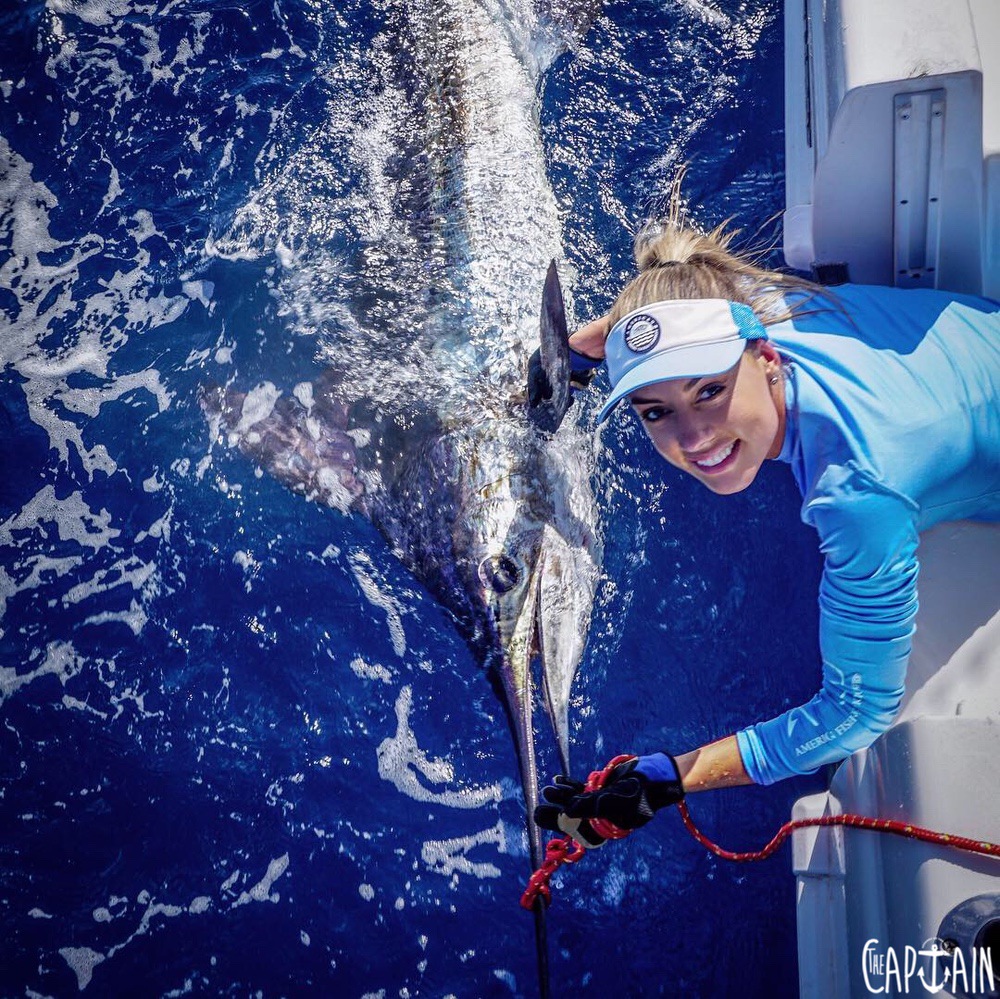In the realm of sports, breaking barriers and shattering stereotypes is no easy feat, especially for women venturing into traditionally male-dominated domains. While strides have been made towards gender equality in athletics, the journey for women navigating through sports primarily dominated by men is rife with challenges and obstacles that test their resilience, determination, and skill.

One of the foremost challenges faced by women in male-dominated sports is the pervasive culture of sexism and gender bias. From subtle microaggressions to overt discrimination, female athletes often encounter skepticism, doubt, and resistance from their male counterparts, coaches, and spectators. Stereotypes about women’s physical abilities, strength, and athleticism persist, leading to a lack of recognition and respect for their talents and accomplishments.
Moreover, the structural and systemic barriers within sports institutions and organizations further hinder women’s progress and opportunities for participation. Limited access to resources, funding, and facilities disproportionately affects female athletes, constraining their ability to compete at the same level as their male counterparts. Additionally, the lack of representation and visibility of women in leadership positions perpetuates gender inequities and reinforces the status quo in male-dominated sports.
The physical demands of certain sports also pose unique challenges for women seeking to compete at elite levels. In sports characterized by power, speed, and brute force, such as football, rugby, and boxing, the physiological differences between men and women can create disparities in performance and outcomes. Despite training rigorously and honing their skills, female athletes may struggle to match the physical prowess of their male counterparts, further exacerbating the gender gap in sports.
Furthermore, societal expectations and stereotypes about femininity and athleticism often place women athletes in a double bind. Striving to excel in their sport while conforming to conventional notions of beauty and femininity can create conflicting pressures and identity struggles for female athletes. The scrutiny and objectification of their bodies by the media and public scrutiny add an additional layer of complexity to their athletic pursuits, undermining their autonomy and self-esteem.
Despite these formidable challenges, women continue to defy the odds and carve out their place in male-dominated sports. Through perseverance, resilience, and sheer determination, female athletes challenge the status quo, inspire future generations, and pave the way for greater inclusivity and equality in the world of sports.
As we celebrate the accomplishments and resilience of women in sports, it is essential to recognize the importance of creating a more supportive and equitable environment for female athletes. By addressing systemic barriers, challenging stereotypes, and championing diversity and inclusion, we can create a future where women have equal opportunities to thrive and succeed in all realms of athletics, regardless of gender.



